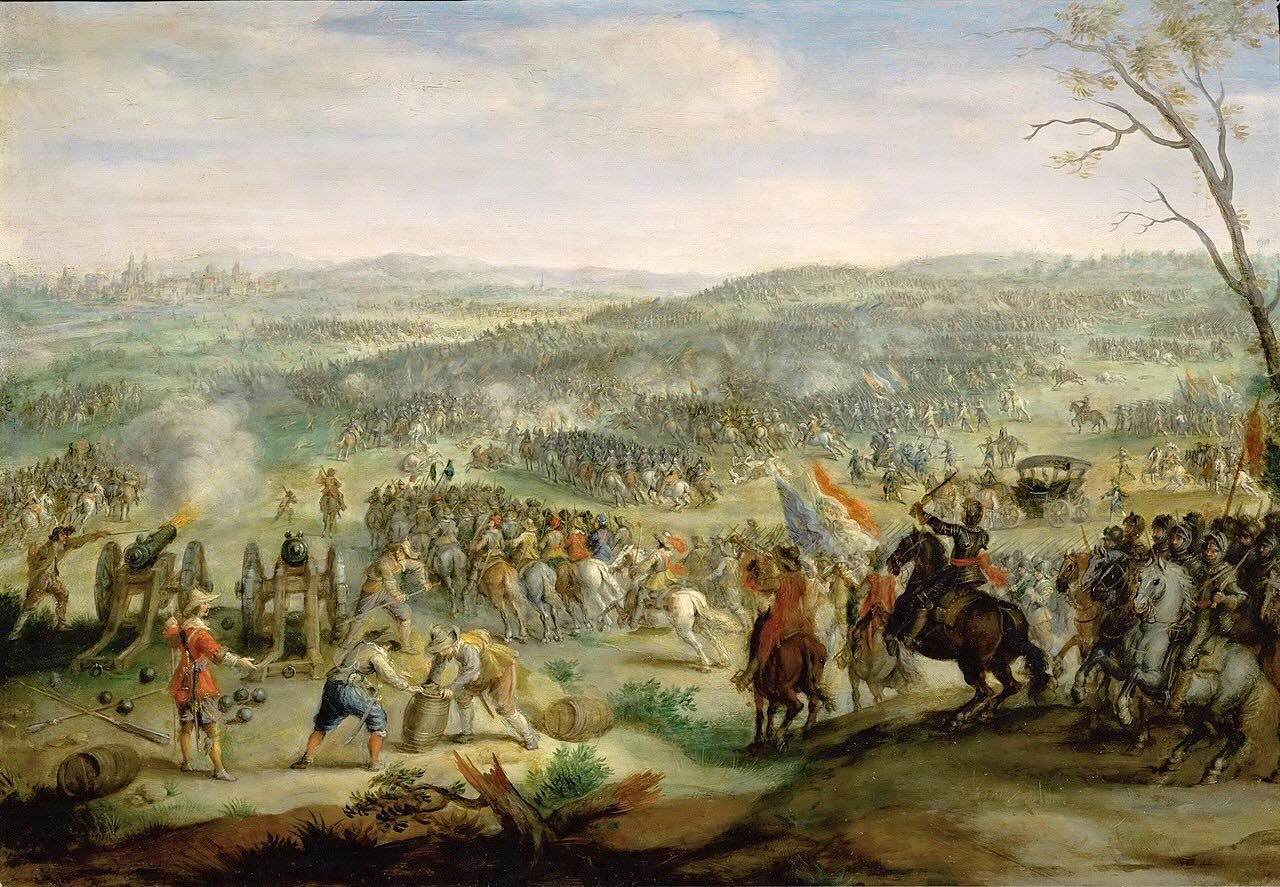
Bohemian War—a term that might sound like a chapter from a fantasy novel, but it’s rooted in real history. Ever wondered what sparked these conflicts? Bohemia, now part of the Czech Republic, was a hotbed of political and religious turmoil. From the Hussite Wars in the 15th century to the Thirty Years' War in the 17th century, Bohemia saw it all. These wars were not just about land; they were about ideas, beliefs, and power. Imagine knights, peasants, and kings clashing over faith and freedom. Intrigued? Let’s dive into 25 fascinating facts about the Bohemian War that will transport you back in time.
Key Takeaways:
- The Bohemian War, also known as the Hussite Wars, was a series of conflicts in the early 15th century between the Hussites and European monarchs. It led to the use of innovative war tactics and the weakening of the Catholic Church in Bohemia.
- The Hussite Wars were not just religious but also had strong social and political dimensions. They influenced later Protestant reformers and led to significant changes in the social structure of Bohemia.
The Bohemian War: An Overview
The Bohemian War, also known as the Hussite Wars, was a series of conflicts in the early 15th century. These wars were primarily fought between the Hussites, followers of the reformer Jan Hus, and various European monarchs who sought to suppress them. Here are some fascinating facts about this turbulent period.
- The Bohemian War began in 1419 and lasted until 1434.
- Jan Hus, whose teachings inspired the Hussites, was burned at the stake in 1415.
- The Hussites were divided into two main groups: the moderate Utraquists and the radical Taborites.
- The wars were partly a response to the execution of Jan Hus, which sparked widespread outrage in Bohemia.
- The Hussites used innovative war tactics, including the use of war wagons, which were essentially mobile fortresses.
- The Battle of Vítkov Hill in 1420 was a significant Hussite victory against the forces of the Holy Roman Emperor Sigismund.
- The Hussites were known for their religious zeal and strict discipline.
- The wars saw the use of early firearms, making them one of the first European conflicts to feature gunpowder weapons.
- The Hussite Wars were not just religious but also had strong social and political dimensions.
- The Hussites established a form of proto-democracy in their territories, with significant input from common soldiers and peasants.
- The Compact of Basel in 1436 marked the end of the wars, granting the Hussites certain religious freedoms.
- The wars significantly weakened the power of the Catholic Church in Bohemia.
- The Hussite movement influenced later Protestant reformers, including Martin Luther.
- The Taborites, one of the Hussite factions, were named after the town of Tábor, which they founded as a religious and military center.
- The Hussites held a series of religious and military councils to coordinate their efforts.
- The wars caused significant devastation in Bohemia, with many towns and villages destroyed.
- The Hussites were known for their hymns and religious songs, which played a role in boosting morale.
- The Hussite Wars saw the involvement of various European powers, including Hungary and Poland.
- The Hussites developed a unique form of communal living, with shared resources and collective decision-making.
- The wars led to significant changes in the social structure of Bohemia, with increased rights for peasants and commoners.
- The Hussites used a distinctive red chalice as their symbol, representing their belief in receiving both bread and wine during communion.
- The wars inspired a rich body of literature and folklore in Bohemia.
- The Hussite Wars were one of the first major conflicts in Europe to be driven by religious reform and popular uprising.
- The legacy of the Hussite Wars can still be seen in the Czech Republic today, with various monuments and historical sites commemorating the conflict.
- The Hussite Wars played a crucial role in the broader history of the Reformation and the development of modern Europe.
Final Thoughts on Bohemian War
Bohemian War, a significant chapter in European history, shaped the region's political and cultural landscape. From the defenestration of Prague to the Peace of Westphalia, this conflict had lasting impacts. The war saw the rise and fall of powerful figures, shifting alliances, and dramatic battles. It also influenced art, literature, and religion, leaving a legacy still studied today.
Understanding these facts gives a clearer picture of how the Bohemian War affected Europe. It wasn't just about battles; it was about ideas, beliefs, and the struggle for power. This war reminds us of the complexities of history and the interconnectedness of events. By learning about the Bohemian War, we gain insight into the forces that have shaped our world.
Frequently Asked Questions
Was this page helpful?
Our commitment to delivering trustworthy and engaging content is at the heart of what we do. Each fact on our site is contributed by real users like you, bringing a wealth of diverse insights and information. To ensure the highest standards of accuracy and reliability, our dedicated editors meticulously review each submission. This process guarantees that the facts we share are not only fascinating but also credible. Trust in our commitment to quality and authenticity as you explore and learn with us.
